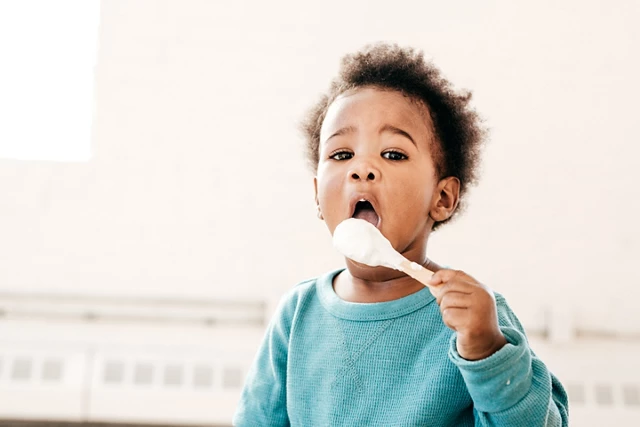Ask us a question (8am - 8pm Mon-Fri, 10am - 5pm Weekends)
Top Reads
More in toddler
Other toddler topics
Need free advice with a smile? Get in touch with our dedicated Care team.
Messenger
Message us (10am-10pm Mon-Sat, 10am-5:30pm Sun)
Call Us
Call us on 0800 977 8880 (8am-8pm Mon-Fri, 10-5pm Sat)
FAQs
Get answers to your most frequently asked questions












